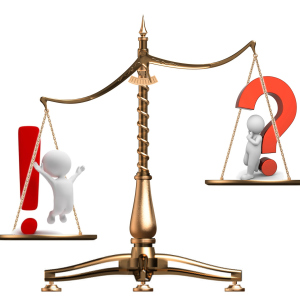The sound itself, as an independent unit does not have much weight in the language, but because of it formed words and whole sentences. The study of the sounds devoted an entire science called phonetics. What it is, let us deal.
What is phonetics?
Phonetics - it is a whole new trend in linguistics devoted to the study of the sound structure of the speech. In our language it sounds, it is a great semantic role. Thanks to the sounds phonetically made out words and sentences. We can say that a set of sound elements of speech - is the outer shell of words and phrases.
Phonetics is the study sound combinations, patterns in the audio chain of speech, syllables and their structure.

The story of phonetics
The beginning of the development of this science as phonetics, is considered XVII century. During this period actively developed public education, and the island became a question of teaching the deaf. This need prompted the beginning of the study of the creation of the mechanism of speech sound. In more detail this issue started coming scientists in the XIX century. Illuminating the mechanisms of formation of syllables in the works of the letters and their acoustic sound.

About sounds are studied phonetics
Sound is considered the smallest unit of sound syllables that we hear and speak. Though the alphabet has 33 letters, sounds, falling on their pronunciation 43. Thus, in the Russian language:
- 10 vowels, which are expressed in speech sounds 6;
- 21 of the letter, which is expressed through the 37 sounds for pronunciation.
In Russian, the sounds are called phonemes. Due to the phonetics of every letter in pronunciation it has its own sound speakers, and in writing, the sound can be shown alphabetic characters. When writing and sound, letters and sounds in words is not always the same number. So, for example, the word hole has only three letters, but the sounds in the word Four - TH-A-M-A.

Phonetics and its sections
All science phonetics is divided into four main areas:
- Total phonetics are patterns that are observed in all the speech languages \u200b\u200bof the world. Its task to explore the speech apparatus and reveal both the position and tension of the muscles contribute to the emergence of one or another sound.
- Historical phonetics - its task to track as a long period of time (centuries) changes the language, pronunciation, slang.
- Comparative phonetics - disassembled in the "internal" structure of languages, and compares it with other languages \u200b\u200bexisting on the planet. It is necessary to identify language patterns.
- Descriptive phonetics - it can be called internal because it explores only a specific language sound. Most often, this direction in science is used to study the phonetic building of the modern language.
It would seem like a simple sound, and as weighing it on the background of speech function. Summing up, it should be noted that the little-known science of the phonetics helps to identify the sound phenomena of the language system and collect them into syllables, words, suggestions, speech.

















